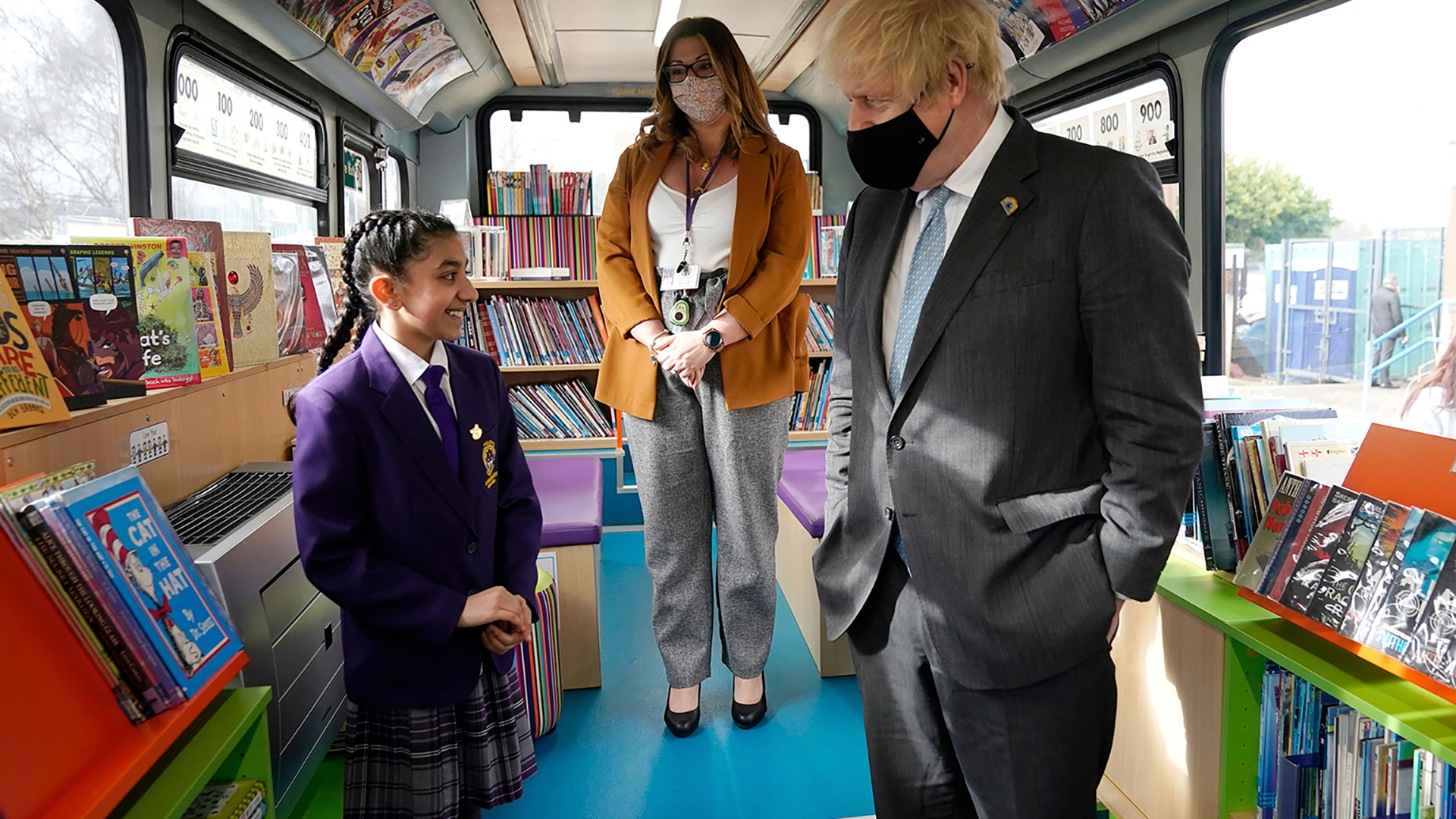On March 4 the planet celebrated another World Book Day, with thousands of children taking part, dressing up as their favourite characters and celebrating all the fun and joy that reading brings to young people. This is followed by another global day on April 2, International Children’s Book Day – celebrated to inspire a love of reading and children’s books.
In addition to this there are initiatives such as the Summer Reading Challenge encouraging a generation of young people to discover the incredible benefits of reading, often aided by access to school and public libraries. The benefits are plentiful. For example, reading for pleasure is proven to be more important for children’s cognitive development than their parents’ level of education. It is also a more powerful factor in life achievement than socio-economic background, and a wealth of evidence links having books in the home with reading enjoyment, confidence and better exam scores.
Lockdowns have taken income away from hundreds of Big Issue sellers. Support The Big Issue and our vendors by signing up for a subscription.
However, as with so much during lockdown, the very process of accessing books has been subject to a range of caveats that are grounded in inequality. While many parents will have been able to buy books, others will simply not have the financial flexibility and disposable income to do this. Research carried out by the World Book Day charity found that the number of children reading has fallen since the start of the pandemic and that a quarter of primary schools raised concern that access to books had become a barrier to reading for pleasure and overall literacy levels. Recent reports highlight that up to 30 per cent of children still live in poverty in the UK, nine per every class of 30.
This inequality is not new of course, but there is a simple, effective and proven solution to the specific inequality of access to reading materials. This is of course a well-funded, resourced and professionally staffed network of public and school libraries. It is a solution that should be a no-brainer for any society that genuinely cares about ‘levelling up’ – good quality library services located within communities offering access to books, digital and more. However, this is something that has been far from simple across the UK, with more than a fifth of library branches closing since 2009 and paid staffing reduced by almost 40 per cent.
Libraries have a key role to play in supporting children’s literacy development and enjoyment of reading. The Reading Agency found that nearly a quarter of four to 11-year-olds who were surveyed said that visiting the library was the action most likely to make them read, and the Scottish Book Trust has shown that fostering a love of reading early on helps babies and young children to develop good early communication and language skills. This is something that initiatives such as Bookbug and Bounce and Rhyme sessions are vital in supporting.










